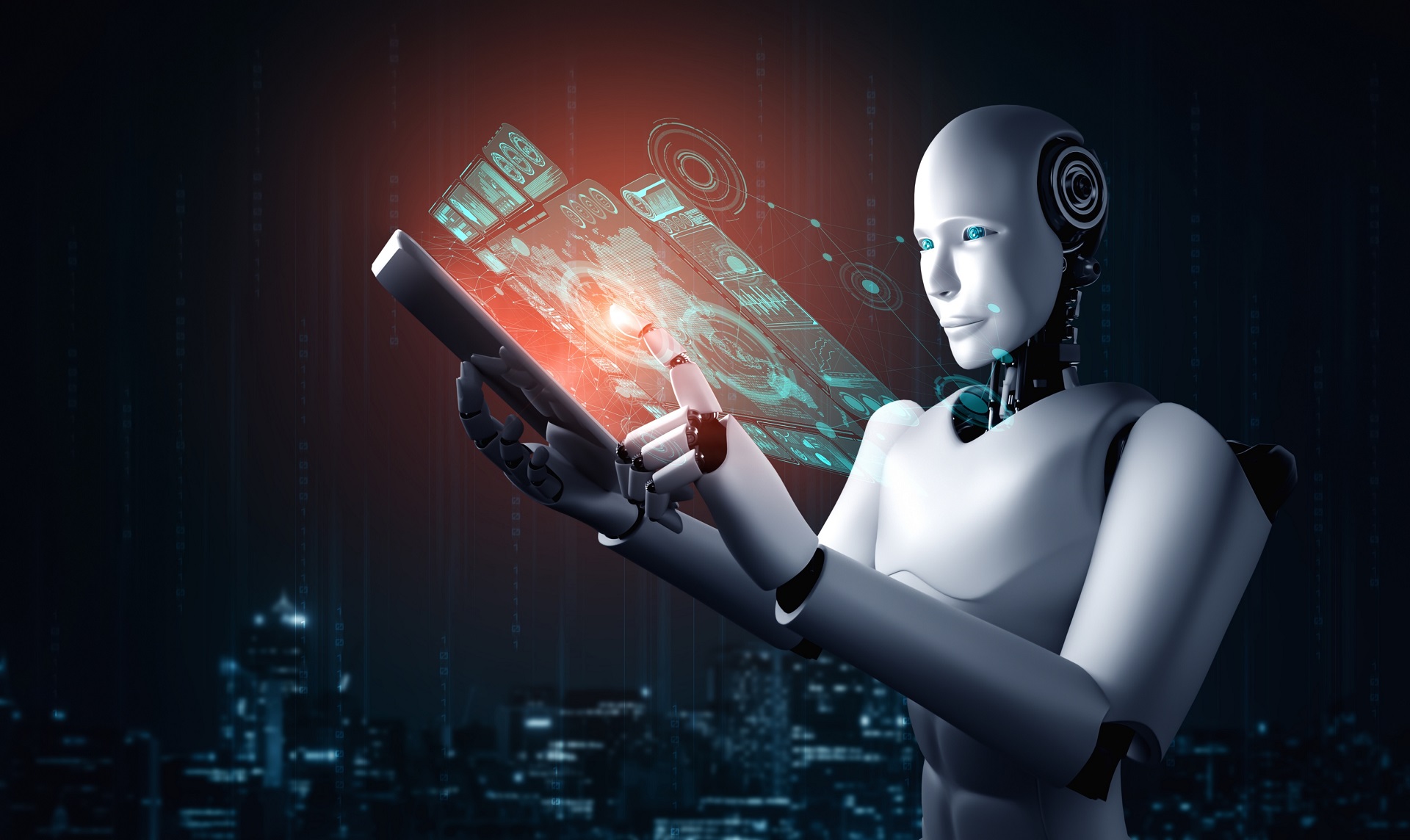Artificial intelligence refers to machines that mimic cognitive functions usually associated with the human mind, such as learning and problem-solving. The idea of creating intelligent machines that emulate human intelligence has long captured our imagination. While still in its early stages, the development of AI has progressed through concept, research, booms and setbacks over the last 80 years.
Early concepts (pre-20th century)
The idea of artificial beings dates back to ancient myths of creation like the Golem and Talos. In mediaeval times, automatons demonstrated basic reasoning abilities. German mathematician Gottfried Leibniz theorized about machines capable of thought in the 17th century.
Initial research (1940s to 1950s)
The term “artificial intelligence” was coined in the 1950s. In 1943, mathematician Alan Turing proposed an “Imitation Game” to test AI. Using statistical pattern recognition, machine learning techniques emerged in the 1950s.
Boom years (1960s to 1970s)
The 1960s saw notable AI achievements like Samuel’s checker-playing program and expert systems. In 1997, the robot Shakey demonstrated autonomous navigation. AI research flourished with increased funding.
AI winter (1980s to 1990s)
Funding cuts in the 1980s led to a period of stagnation as AI failed to match exaggerated expectations. Research shifted to narrow tasks instead of general intelligence.
Revival with big data (2000s-present)
Powered by massive data and advances in neural networks, AI has reemerged and achieved groundbreaking capabilities in areas like vision, robotics, and speech recognition.
Major milestones
Google’s driverless car (2010), Deep Blue defeating Kasparov at chess (1997), and AlphaGo beating top Go players (2016) marked key achievements.
Issues and challenges
Despite progress, AI suffers from a lack of common sense reasoning, inability to effectively generalize knowledge, and issues of bias and ethical use.
Governance and oversight
Interdisciplinary efforts are needed to develop ethical AI and governance frameworks to maximize AI’s benefits while minimizing risks.
Impact on society
While AI promises benefits, its rapid development could drastically alter economies and labor markets. Careful development and research are needed.
A path forward
Significant advances remain for truly intelligent AI. With measured progress, foresight and collaboration, AI can ultimately augment rather than replace humanity.
In summary, the history of AI shows how far we have come from early concepts to recent advances, but also how much further we must progress to realize AI’s full potential in a safe, ethical and beneficial way. With stewardship, AI’s rise holds great promise for humanity.
Also: Improve Your Website’s Usability With a Chatbot Integration



